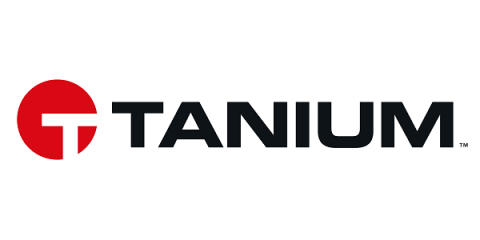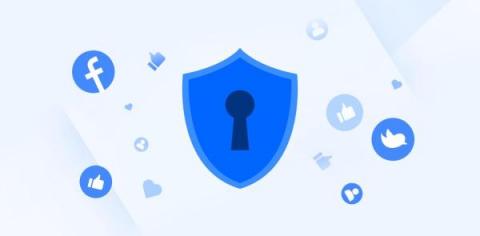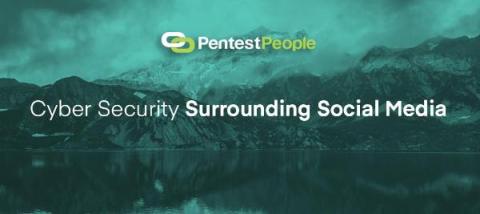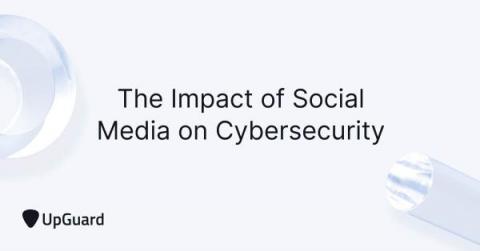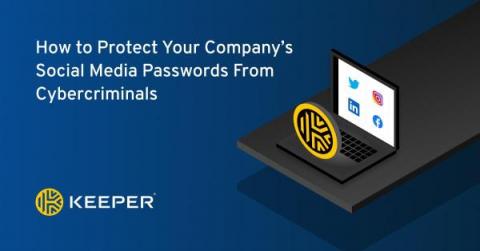Common Social Media Scams and How to Avoid Them
While there are an estimated 30,000 daily cyber attacks on business websites, there are roughly ten times as many attacks against social media accounts every single day, equating to roughly 1.4 billion accounts every month. Social media attacks and scams have become pervasive problems, with threat actors finding innovative new ways to deceive users and steal their information.



